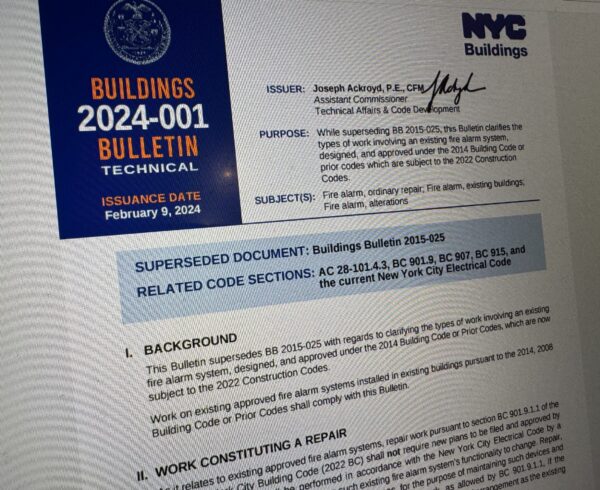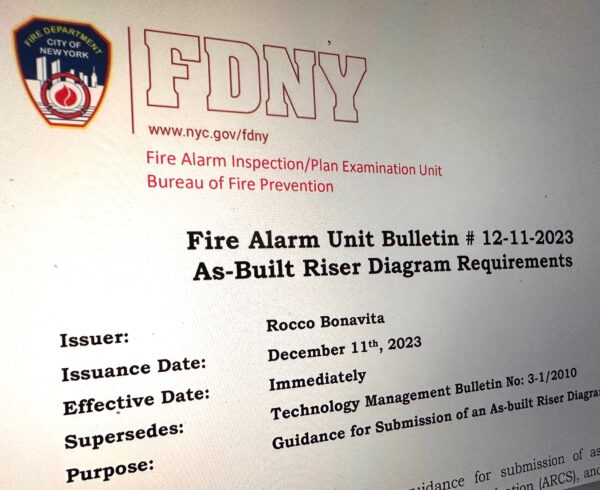The Role of Artificial Intelligence in Fire Protection Engineering
Reflections from the 2025 SFPE AI Summit
Introduction: AI Meets Fire Protection Engineering
Artificial Intelligence (AI)—systems that perform tasks typically requiring human intelligence—is rapidly expanding across industries. From writing school papers to drafting technical documents, AI’s applications are growing by the day. For fire protection engineers (FPEs), this shift is beginning to affect how we work, make decisions, and evaluate safety systems.
In May 2025, I had the opportunity to attend the SFPE AI Summit at UC Berkeley, where fire protection professionals, technologists, and researchers gathered to explore the impact of AI on our field. This post highlights key themes from the summit and offers insights on what AI means for the future of fire protection engineering.
Modeling with AI: Transparency vs. the Black Box
Many FPEs already use advanced computational models like the Fire Dynamics Simulator (FDS) from NIST to simulate fire and smoke behavior. These models are well-documented, peer-reviewed, and grounded in physical science—with transparent methodologies and accessible validation data.
AI tools, however, often operate as “black boxes.” While impressive, many AI models do not offer the same level of transparency or reliability. Our firm has interacted with AI development teams, and it’s clear that proprietary algorithms and limited data visibility can introduce serious risks—especially when engineers are expected to sign or seal work produced with AI assistance.
Performance varies widely depending on the training data. AI may excel in one context and fail dramatically in another. That’s why any AI-assisted deliverable must undergo thorough, manual review—especially when regulatory compliance and life safety are on the line.
Design Professionals Still Carry the Risk
AI can feel like a natural evolution of how engineers conduct research. What once required flipping through books and journals now takes seconds through AI-driven summaries. Like calculators and CAD software, AI has the potential to become a foundational tool in our technical workflows.
But AI is not infallible. So-called “hallucinations”—where AI fabricates facts or sources—are a major concern. At the summit, one speaker referenced a Minnesota court case where an expert’s declaration was thrown out due to fake citations produced by AI. Similar incidents have occurred in New York and beyond.
Ultimately, the responsibility for accuracy lies with the licensed professional. Courts appear less forgiving of errors caused by AI than human mistakes. That’s why a “trust but verify” mindset is crucial when integrating AI into FPE practice.
AI or Just Hype? Navigating What’s Real
As one attendee quipped, “Every time I hear the term ‘AI,’ someone’s trying to sell me something.” While not entirely fair, it reflects a growing skepticism. The term “AI” is being attached to everything—from meaningful neural network applications to projects that might have previously fallen under general automation or technology innovation.
This raises important questions:
- Are AI solutions being marketed more than they’re being implemented?
- Do these tools actually solve real engineering problems today?
There’s no doubt that investment in AI is surging. But in fire protection, there’s still a gap between AI’s promise and its practical, field-ready applications.
The Future of AI in Fire Protection
AI isn’t coming—it’s already here. Some summit speakers noted that today’s AI moment has been decades in the making, with multiple cycles of hype and disillusionment along the way. Whether this current wave will continue or fade remains to be seen.
What’s clear is this: FPEs need to stay informed, critical, and cautious. AI may soon become as standard in our work as electricity is in our homes. Clients are already comparing AI-generated answers with those provided by licensed engineers. When those answers don’t align, it’s the engineer who must explain the difference—and take responsibility.
Looking ahead, AI may one day support FPEs the way autopilot supports pilots: assisting trained professionals, not replacing them. For now, though, fire protection engineers remain essential to protecting lives, property, and the built environment.
Final Thoughts
At Sparc Fire Protection, we’re committed to staying on the cutting edge of technology while maintaining the rigorous standards of engineering accountability. As AI continues to evolve, we’re keeping a close eye on its capabilities—and its limitations—to ensure we deliver reliable, forward-thinking solutions to our clients.





Leave a Comment